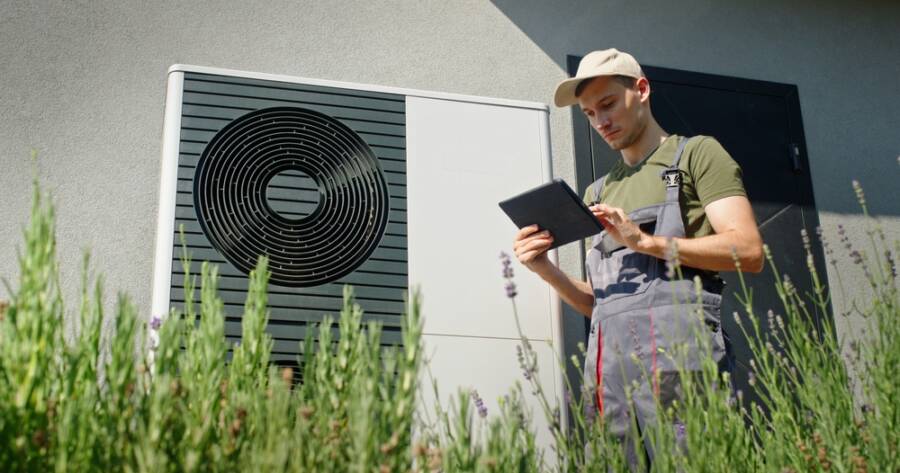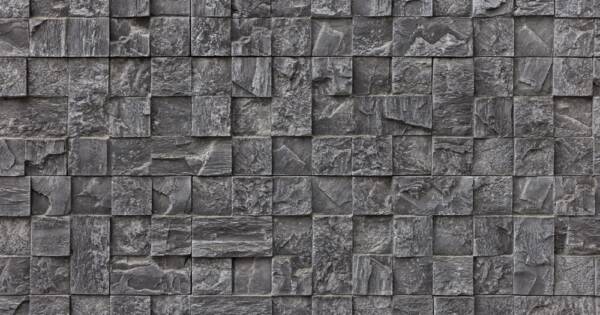Is your HVAC system running at its best? Regular cleaning and maintenance are essential to ensure your heating, ventilation, and air conditioning systems operate efficiently and last longer. Neglecting HVAC care can lead to higher energy bills, poor air quality, and unnecessary repairs. HVAC cleaning and repair play a crucial role in the comfort and health of your home.
Regular Filter Replacement
One of the simplest yet most effective maintenance tasks is regularly replacing HVAC filters. Filters trap dust, pollen, and other airborne particles, preventing them from recirculating through your home. However, these particles can clog filters over time, reducing system efficiency and air quality. Experts suggest replacing or cleaning filters every 1-3 months, depending on usage and filter type.
Knowing when and how to change filters is crucial. Replacing filters more frequently during high-use seasons, such as winter and summer, can help maintain optimal airflow. Keeping spare filters on hand ensures timely replacement, preventing unnecessary system stress and potentially extending the lifespan of your HVAC unit.
Cleaning Condenser and Evaporator Coils
Over time, dust and debris can accumulate on condenser and evaporator coils, reducing the efficiency of heat absorption and exchange in your HVAC system. Cleaning the coils annually ensures they continue to function properly. Depending on the environment, more frequent cleaning may be needed in dusty or polluted areas.
Disconnect power to the unit before cleaning the coils to ensure safety. Commercial coil cleaners are available, or you can use a gentle brush and soapy water to remove buildup. Clean coils contribute to improved energy efficiency and can help prevent system overworking, reducing the risk of breakdowns or increased energy costs.
Inspecting Ductwork for Leaks
HVAC ductwork plays a critical role in distributing conditioned air throughout your home. Over time, ducts may develop leaks or become clogged, which can compromise system efficiency and air quality. Regular inspection and cleaning of ductwork keep it functioning at its best, ensuring even distribution of air and saving energy.
To inspect ducts, look for visible signs of damage or leaks and listen for unusual airflow sounds. Professional HVAC technicians can conduct comprehensive duct cleaning and repair services, applying sealants or replacing damaged sections where necessary. Addressing ductwork issues can lead to improved air quality and overall system performance.
Checking Thermostat Settings
Ensuring your thermostat is functioning correctly and programmed suitably can significantly enhance HVAC system efficiency. Regularly check thermostat settings to certify they reflect your seasonal needs and comfort preferences. A well-calibrated thermostat optimizes system timing and reduces energy consumption.
Consider upgrading to a programmable or smart thermostat for enhanced temperature control and energy-saving capabilities. These thermostats allow for scheduling temperature adjustments based on daily routines, optimizing system use. Proper thermostat management reduces strain on HVAC equipment and aligns comfort with cost-effectiveness.
Safety Checks and Seasonal Preparation
Conducting safety checks and preparing your system for seasonal shifts are key components of HVAC maintenance. These checks include ensuring the integrity of electrical connections and ensuring drain lines are clear. Depending on the system, pre-season inspections may require the assistance of a professional technician.
Before each heating or cooling season, assess system components to prevent common issues that arise during weather changes. Ensure outdoor units are clear of debris, and prune foliage to maintain adequate airflow. Being proactive about seasonal preparation sustains operational efficiency while reducing the risk of sudden failures at peak demand times.
Scheduling Professional Maintenance
While routine cleaning and minor repairs can be handled by homeowners, periodic professional HVAC maintenance provides a comprehensive safety net. Experienced technicians conduct detailed inspections, cleaning, and perform necessary repairs that may not be apparent during casual checks. Professional assessments ensure that units operate optimally and extend their lifespan.
Industry experts recommend scheduling professional HVAC maintenance at least once a year, preferably in the spring or fall before heavy usage periods. Contracting maintenance services not only aids in optimizing system performance but may also be a requirement for manufacturer warranties to remain valid. Investing in professional oversight ultimately supports a comfortable and efficient living environment.
Learn More Today!
Implementing a proactive HVAC maintenance strategy is essential for ensuring system efficiency, extending equipment lifespan, and maintaining indoor air quality. Regular tasks such as filter replacements, coil cleaning, and duct inspection, combined with professional assessments, support optimal system function.
By managing thermostat settings and preparing for seasonal changes, homeowners can enjoy a comfortable, cost-effective environment year-round. As HVAC systems are key investments in home comfort, prioritizing maintenance tasks empowers individuals to mitigate issues before they escalate, fostering peace of mind and elevating home living standards.





